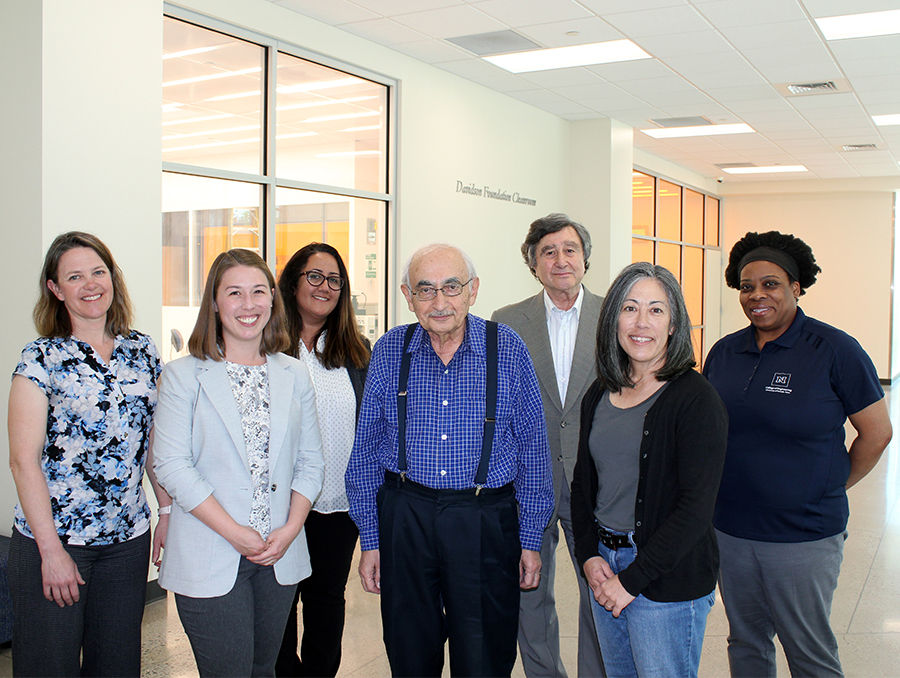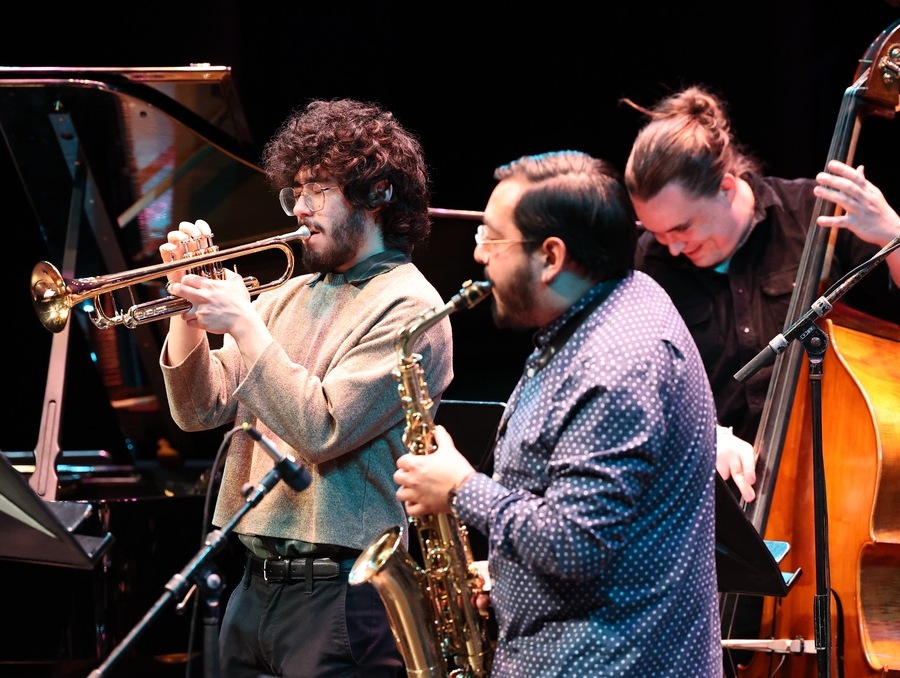Following a national search and recruitment process, William "Bill" Payne joins the University of Nevada, Reno today as the new dean of the College of Agriculture, Biotechnology and Natural Resources.
Payne comes to the University from Texas A&M University, where he was a professor of crop physiology and director of a multi-institutional, $150 million research endeavor aimed at improving food security and livelihoods in the dry areas of the world.
As dean, Payne also becomes director of the Nevada Agricultural Experiment Station, which conducts basic and applied research, programs and collaborations to enhance the sustainability of Nevada's agriculture industry. The Agricultural Experiment Station operates eight field laboratories around the state.
"I'm excited about this position for several reasons," Payne said. "I am impressed by the very high standards exemplified by CABNR's faculty and staff, and the college's interdisciplinary composition. I believe these are qualities that provide comparative advantages in addressing real world problems in Nevada and indeed around the world, for solutions to such problems are almost always interdisciplinary."
Payne, as director of the Research Program on Dryland Systems conducted through Texas A&M's Consultative Group on International Agricultural Research, led an innovative and integrated agro-ecosystem approach involving multiple stakeholders to improve agricultural productivity and alleviate poverty and hunger in dry areas of the world. Much of his field work centered in Ethiopia.
"As someone who has seen the benefits of the land-grant system, I remain a firm believer in its power to transform and improve lives," he said. "The University of Nevada, Reno and its sister land-grant universities will continue to tackle new challenges and opportunities, and their mission in education, research and extension remains as vital and vibrant as ever."
Payne earned his doctorate in soil science from Texas A&M, has authored or co-authored more than 120 journal articles and book chapters, and edited three books. He has been named fellow of five international scientific societies and has held numerous leadership roles at the state, national and international level. He has advised charitable foundations, national and international agencies, publishers, foreign governments and universities on science and agriculture.
"The University is pleased to have attracted Dr. Payne to serve as dean of CABNR," Marc Johnson, president of the University, said. "He has many years of experience, domestically and internationally, related to the science of managing arid environments. His experience is well suited to the Great Basin and his excitement for interdisciplinary work will foster the ethic of inter-disciplinary, inter-departmental, and inter-institutional collaboration rooted in the University of Nevada, Reno."
Kevin Carman, executive vice president and provost, was also pleased with the broad-reaching selection process and bringing Payne to the University.
"The CABNR dean search attracted a very impressive group of applicants from throughout the nation, which speaks well of the reputation of both the college and the University," he said. "The process included valuable input from CABNR faculty, staff and administration, as well as the entire University community. I'm especially pleased that the search committee included community representatives with interests in agriculture and natural resources. Collectively, these stakeholders strongly supported Dr. Payne's candidacy. I have every confidence that he will be a wonderful leader for CABNR, the University and the entire state of Nevada."
Payne takes the helm from Ron Pardini, who served as interim dean for the past four years and steered the college through tough budgetary times, helping it emerge with renewed community and industry commitment, new economic development opportunities and record enrollments. Pardini, a professor of biochemistry, will remain with the University and continue his active research of nutritional interventions and cancer.
"Dean Ron Pardini has led the College of Agriculture, Biotechnology and Natural Resources through a challenging period, starting with the resignation of Dean (David) Thawley after an accident which thrust Ron suddenly into an acting leadership role, and followed by adjustments to budget reductions," Johnson said. "I have appreciated Dr. Pardini's ability to continue essential functions of student and research support while maintaining stability, progress on important issues and a sense of humor."











